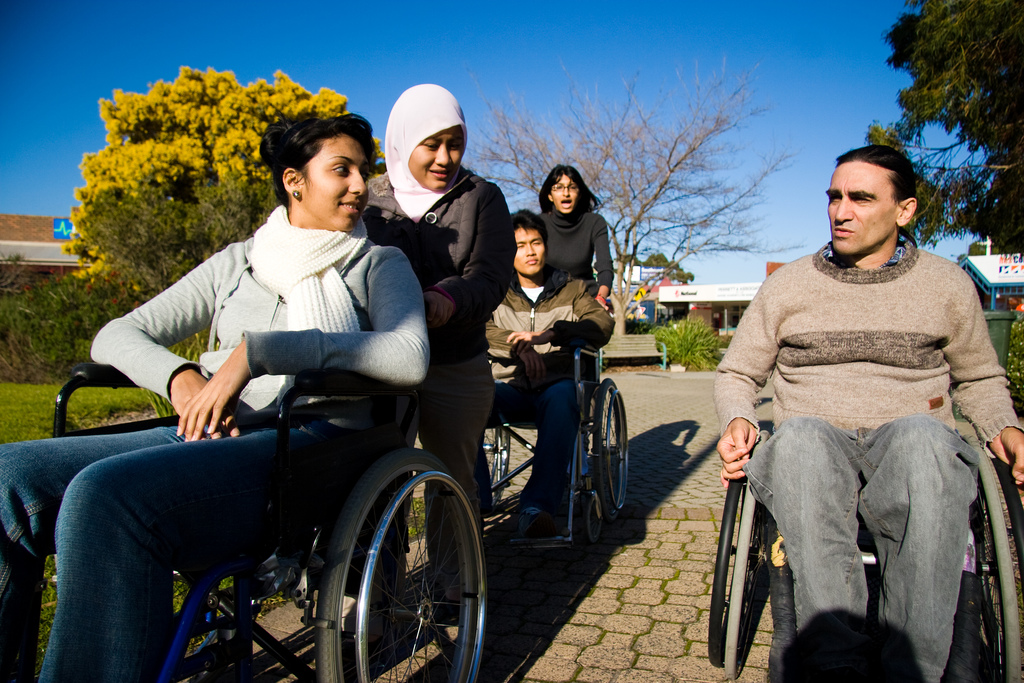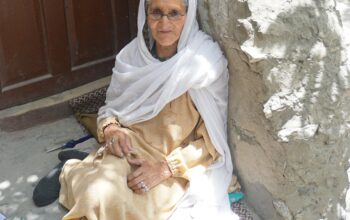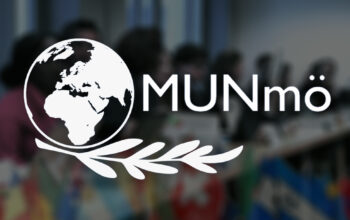Going on exchange can either be a marvellous experience or a nerve-wrecking disaster. Finding accommodation at the last minute, travelling to your destination, tackling language barriers, scouting your way around the city as well as the university campus, getting lost on your way to class – there are a lot of things to work out in the very beginning and whole lot more debacles to figure out on a daily basis, such as mastering your host city’s public transport system.
Nevertheless, no matter how your experience turns out, going on exchange offers opportunities for self-development and enhances future employability. This is of even greater importance for students who are at risk due to social exclusion, such as people with disabilities. Ensuring a smooth and enjoyable time on exchange, good organisation and support from both your home and host universities is the most essential thing. Unfortunately, not all universities are equipped with a care service and sufficient accessibility on campus to cater to the needs of all students.
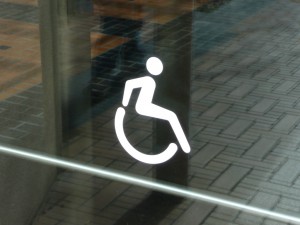 “Sometimes I had some problems with accessibility”, Eric recalls, a French student, who uses a wheelchair. “I had to change residence; I was often refused on the bus if I was not with many friends and I had to ask the faculty to change the place of some classes in order to follow the course.” For the purpose of creating more awareness and facilitating the exchange process for students, organisations such as the Erasmus Student Network (ESN) project ExchangeAbility have come about with the purpose of removing obstacles to participation in student exchanges and promoting the opportunities available.
“Sometimes I had some problems with accessibility”, Eric recalls, a French student, who uses a wheelchair. “I had to change residence; I was often refused on the bus if I was not with many friends and I had to ask the faculty to change the place of some classes in order to follow the course.” For the purpose of creating more awareness and facilitating the exchange process for students, organisations such as the Erasmus Student Network (ESN) project ExchangeAbility have come about with the purpose of removing obstacles to participation in student exchanges and promoting the opportunities available.
Having been introduced to Sweden mere months ago, the project is still in its first phase of acquiring local coordinators for each ESN section. “As soon as a section appoints a local coordinator, he or she will start cooperation with the university’s disability unit and together figure out how to promote and raise awareness for students with disabilities to participate in exchange” Ben Sejdaj explains, the ExchangeAbility ambassador in Sweden.
Promoting awareness of disabilities in university studies, in particular exchange studies, is an important undertaking, as it shapes the future of our workforce as well as creating future career opportunities and opening doors to new connections. Taking a closer look at the Erasmus Programme, for instance, in the year of 2009/2010 only 230 students with special needs received a supplementary Erasmus grant – this represents only 0.14% of all Erasmus students – signifying room for improvement.
“ExchangeAbility covers both physical and psycho-social disabilities such as physical, hearing, visual, speaking, intellectual impairments; mental health conditions; and Autism Spectrum Disorder” says Ben, addressing a range of disabilities, and so ensuring anyone can get support. He further points out, “The two main things higher education institutions are supposed to be able to provide are care services for students with disabilities and good accessibility to their buildings“, . Unfortunately, only 33% of the universities in Europe have a disability unit, office or similar facility where students can get support and guidance.
Coming to Sweden as an exchange student with a disability, you’re in luck, as “Swedes are very tolerant and aware of persons with disabilities, which makes the communication easier”, Ben observes. However, despite the awareness, there are still gaps in the system. Although Malmö University has a disability unit, not all students with a disability know of the support and assistance they’re entitled to. Philipp, a student from Malmö University remarks that even though “[he] only [has] a stutter”, the Disability Service at his host university in Sussex, UK, still wanted to meet with him. “In the end, however, it seemed unnecessary, as a lot of the teachers there were less bureaucratic and more understanding than in Malmö.”
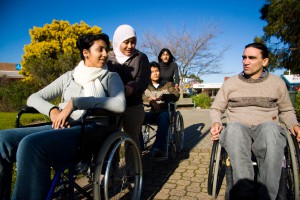 Similar organisations to the ESN ExchangeAbility exist in the US, such as the Bureau of Educational and Cultural Affairs or Mobility International USA. As for Europe, projects like The Link Network and ExchangeAbility were some of the first student exchange orientated organisations in Europe signifying an important step towards an inclusive academia and employment sector?. Not only do projects like these open doors to international experiences, they set the cornerstone for a more accessible workforce. Organisations such as Workability Europe, UN Enable, and Disability Awareness in Action (DAA) of the International Disability and Human Rights Network represent some campaigns that actively deal with the issue of promoting awareness and inclusion of people with disabilities in the workforce.
Similar organisations to the ESN ExchangeAbility exist in the US, such as the Bureau of Educational and Cultural Affairs or Mobility International USA. As for Europe, projects like The Link Network and ExchangeAbility were some of the first student exchange orientated organisations in Europe signifying an important step towards an inclusive academia and employment sector?. Not only do projects like these open doors to international experiences, they set the cornerstone for a more accessible workforce. Organisations such as Workability Europe, UN Enable, and Disability Awareness in Action (DAA) of the International Disability and Human Rights Network represent some campaigns that actively deal with the issue of promoting awareness and inclusion of people with disabilities in the workforce.
“If you have a physical disability, you know that not everywhere is going to be accessible, so don’t let it overwhelm you and just remember that there is a solution to everything with some careful planning and organisation”, is Jessica’s advice, an Irish student living with Cerebral Palsy. Even though the ExchangeAbility project had not been introduced to her host university in Barcelona when she went there on exchange, she remembers that “my disability was never an issue, as everything was planned well in advance to ensure that my needs were met.” On her first day, she met with a disability officer to arrange transportation to and from campus, as well as to and from her campus accommodation.
In the end, it comes down to this: students with disabilities should by no means feel discouraged or intimidated of taking the risk of going abroad. A disability should not hold you back. The first steps have been taken towards a more accessible academia across borders and with that a step towards a more inclusive future. “I’ve learned over the years that there are always going to be obstacles to overcome when you have a disability”, Jessica points out. “But, how you tackle those obstacles makes a big difference to your overall experience. You shouldn’t let them hold you back.”
By Wiebke Arnold
Image credit:
Picture 1: Jeff Ozvold, licensed under CC BY 2.0
Picture 2: Oliver Gouldthorpe, licensed under CC BY-NC 2.0
